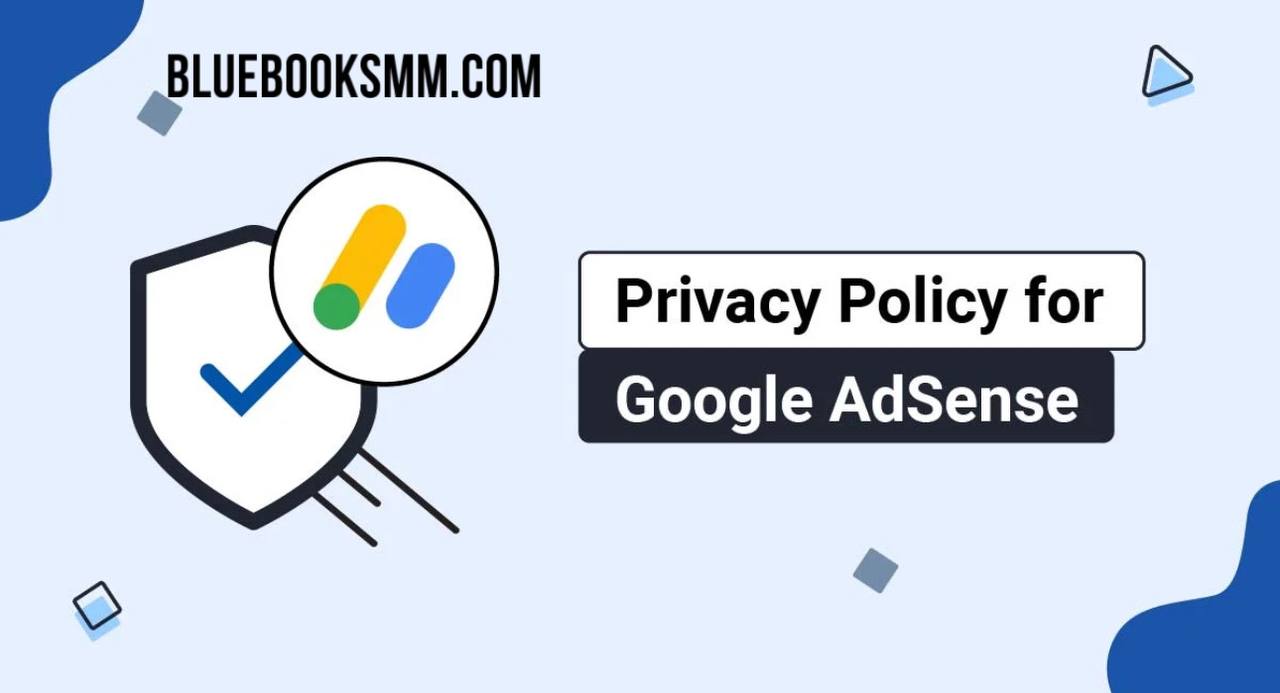Millions of website owners and bloggers use Google AdSense, a well-known advertising service, to monetise their online content. To guarantee compliance and optimize your earnings as an AdSense user, it is essential to be informed about the most recent policy changes announced by Google. This post will explore the most current changes to the Google AdSense policy and provide you the knowledge you need to succeed in the dynamic world of online advertising.
1. User Consent criteria: Google has tightened user consent criteria in an attempt to preserve user privacy and guarantee compliance with different data protection laws. Publishers must now get consumers’ explicit, informed agreement before using their data for tailored advertising. This implies that you must implement suitable cookie consent methods and tell users in a straightforward manner about the collection and use of their personal information for ad targeting.
2. Updates to Ad Placement regulations: Google has updated its ad placement regulations because it recognizes the value of a positive user experience. Publishers are now advised to insert adverts in a way that doesn’t interfere with the content’s normal flow. Pop-ups, overlay advertising, and annoying interstitials are examples of excessive ad placements that might result in fines or possibly the termination of your AdSense account. To make sure that your ad placements are in accordance with the most recent regulations, you must frequently examine them.
3. The end of AdSense for Feeds: As of December 2022, Google will no longer support AdSense for Feeds. If you were using this function to monetise your RSS feeds, it’s time to look for new strategies for making money from the content of your feeds. To continue efficiently monetizing your feeds, think about including other ad networks or looking at sponsored content opportunities.
4. Content Policy adjustments: Google has long placed a premium on giving consumers an ad-safe environment, and their most recent content policy adjustments are made with that goal in mind. Understanding the policies about forbidden material is essential if you don’t want your AdSense account to be suspended. Adult material, violence, hate speech, and copyright violation are examples of often forbidden content kinds. Make sure to periodically evaluate the content of your website and eliminate any elements that are prohibited by Google.
5. The prevention of invalid traffic and click fraud has been stepped up with tighter procedures by Google AdSense. Publishers must keep an eye on the origins of their traffic and respond to any questionable conduct. Maintaining openness and ethics is crucial to preserving your account’s integrity and income since Google may suspend or even block accounts that are using fraudulent methods.
In conclusion, being current on Google AdSense policy changes is crucial for ensuring compliance, maximizing income, and avoiding fines or account suspensions. You may build a secure and user-friendly environment while efficiently monetizing your online content by following to user permission requirements, monitoring your ad placements, and making sure compliance with content regulations. Additionally, monitoring traffic quality carefully and avoiding click fraud can assist maintain the integrity of your AdSense account. Accept these policy adjustments as a chance to improve your website’s user experience and monetization tactics while remaining current with the changing world of digital advertising.
